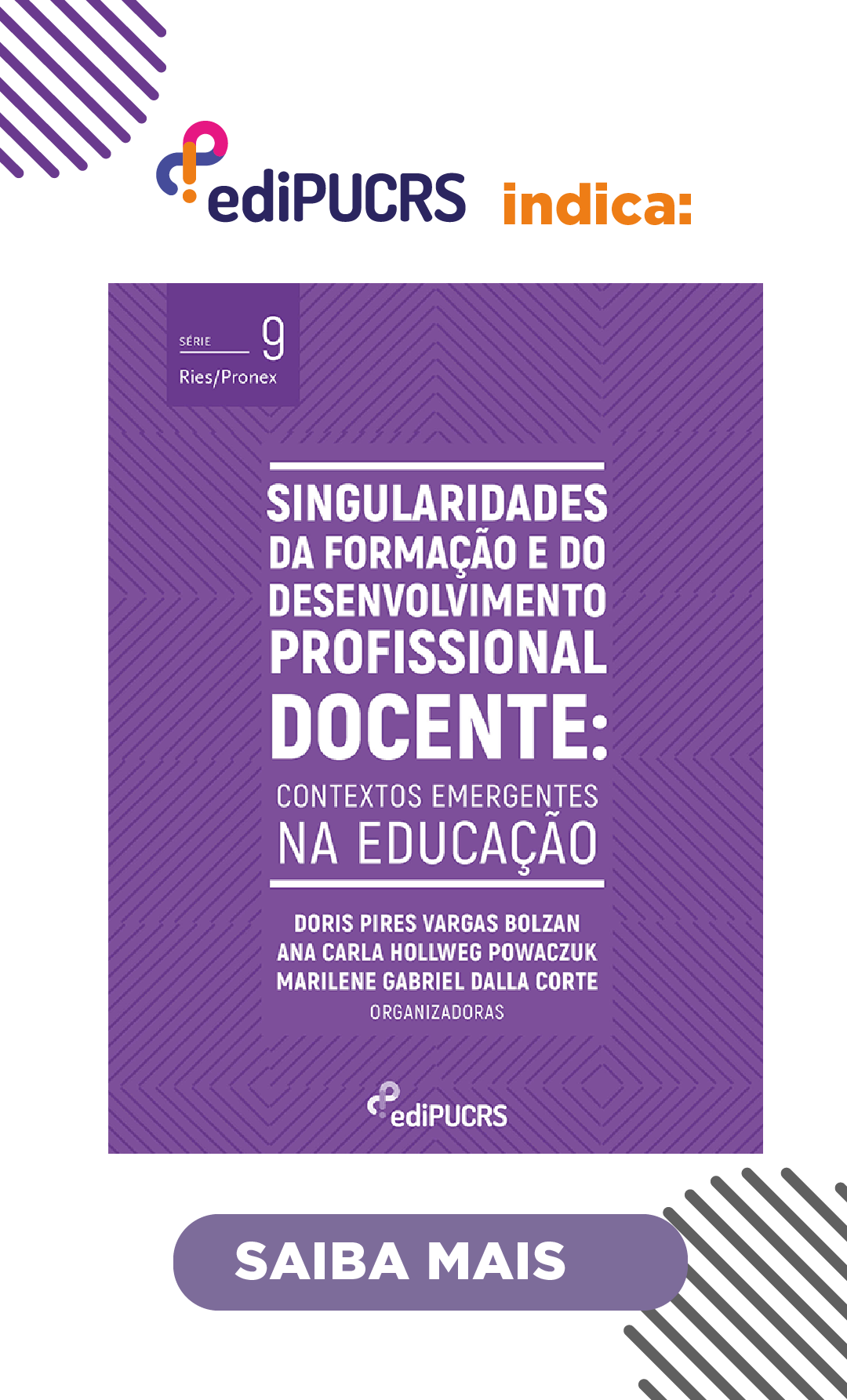Situation-problem: a method for teaching Economics
DOI:
https://doi.org/10.15448/2179-8435.2017.1.26583Keywords:
Pedagogical practices, Teaching methodologies, Problem-situation, Teaching, EconomyAbstract
Economics’ teaching presents some challenges in the sense of being effective as an action of producing meaningful learning for the students. It’s due to the specificity of the contents and skills that are worked in class and the different possibilities open to teaching practice. On the one hand, there is the traditional method, where there is the centrality of the teacher. On the other hand, there is a diversity of methodologies to be used and engender fruitful results. Therefore, this article aims to analyze the results of the application of a differentiated teaching methodology, the problem-situation approach, focused on the teaching of Economics. For the bibliographic review, theoretical contributions from the field of Education were used. From the methodological point of view, this is an applied and exploratory research, using the case study method. In relation to the results, these indicate that the pedagogical proposal used contributed to a more meaningful learning of the students.
Downloads
References
ANTUNES, Celso. Professores e professauros: reflexões sobre a aula e práticas pedagógicas diversas, 9. ed. Petrópolis, RJ: Vozes, 2014.
ARIELY, Dan. Previsivelmente irracional: as forças ocultas que formam as nossas decisões. Rio de Janeiro: Elsevier, 2008.
FRANK, Robert H. O naturalista da economia: em busca de explicações para os enigmas do dia a dia. Rio de Janeiro: Best Business, 2009.
GIMENO SACRISTÁN, J. Poderes instáveis em educação. Porto Alegre: Artmed Sul, 1999.
HARFORD, Tim. O economista clandestino. 3. ed. Rio de Janeiro: Record, 2009.
KAHNEMAN, Daniel. Rápido e devagar: duas formas de pensar. Rio de Janeiro: Objetiva, 2012.
LEVITT, Steven D.; DUBNER, Stephen J. Freakonomics: o lado oculto e nesperado de tudo que nos afeta. Rio de Janeiro: Elsevier, 2005.
MANKIN, N. Gregory. Introdução à economia. São Paulo: Cengage Learning, 2009.
MARSHALL, Alfred. Princípios de economia. Tratado introdutório. Volume I. São Paulo: Nova Cultural, 1996. (Série Os Economistas).
MEIRIEU, Philippe. Aprender... sim, mas como? 7. ed. Porto Alegre: Artes Médicas, 1998.
MEIRIEU, Philippe. Queremos ser eficazes, mas não em quaisquer condições. In: MEIRIEU, Philippe. Cartas a um jovem professor. Porto Alegre: Artmed, 2006. p. 41-48.
SANDEL, Michael. O que o dinheiro não compra: os limites morais do mercado. 7. ed. Rio de Janeiro: Civilização Brasileira, 2015.
SOWELL, Thomas. Is reality optional?: and other essays. Hoover Inst. Press, n. 418, 1993.
TRINDADE, Rui. Experiências educativas e situações de aprendizagem: novas práticas pedagógicas. São Paulo: Leya, 2011.
VASCONCELLOS, Marco Antonio Sandoval de; GARCIA, Manuel Enriquez. Fundamentos de economia. São Paulo: Saraiva, 2002.
WHEELAN, Charles. Economia nua e crua: o que é, para que serve, como funciona. Rio de Janeiro: Zahar, 2014.
Downloads
Published
How to Cite
Issue
Section
License
Copyright
The submission of originals to Educação Por Escrito implies the transfer by the authors of the right for publication. Authors retain copyright and grant the journal right of first publication. If the authors wish to include the same data into another publication, they must cite Educação Por Escrito as the site of original publication.
Creative Commons License
Except where otherwise specified, material published in this journal is licensed under a Creative Commons Attribution 4.0 International license, which allows unrestricted use, distribution and reproduction in any medium, provided the original publication is correctly cited.





